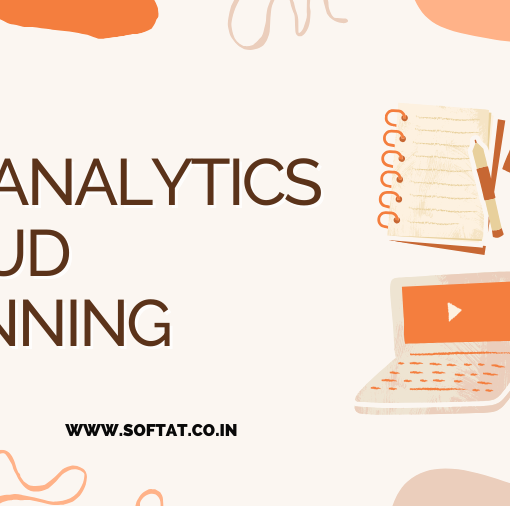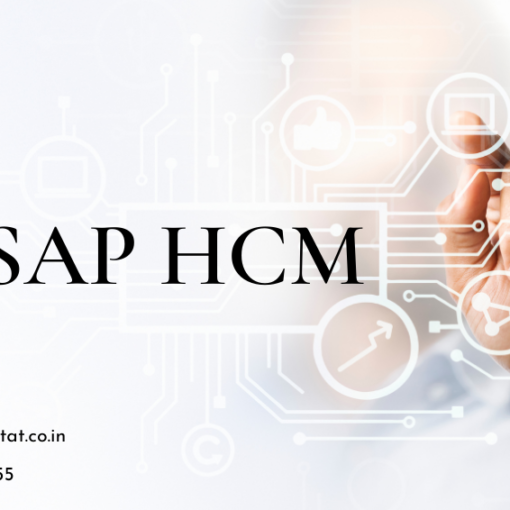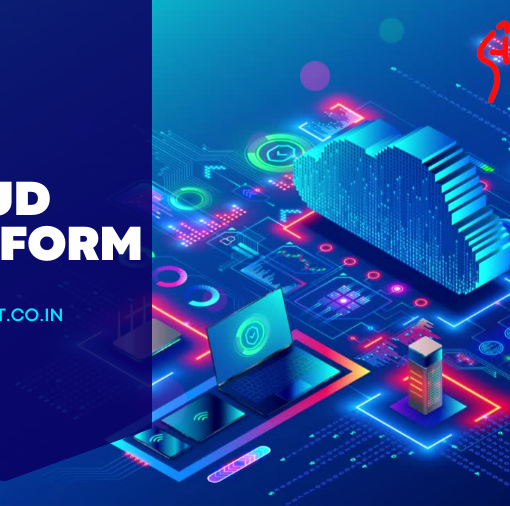Enterprise Resource Planning (ERP) systems have become the backbone of modern businesses, and Oracle JD Edwards stands out as a comprehensive solution designed to streamline and optimize business processes. In this exploration, we dive into the depths of Oracle JD Edwards, unraveling its modules, benefits, challenges, and the roadmap for successful implementation.
Understanding the Essence of Oracle JD Edwards
Oracle JD Edwards, commonly known as JDE, is an ERP software suite that provides integrated applications for managing business processes across various industries. From financial management to supply chain operations, JD Edwards offers a holistic approach to enterprise resource planning.
The Modules of Oracle JD Edwards
1. Finance Management
The finance module encompasses tools for general ledger, accounts payable, accounts receivable, and other financial functions, ensuring accurate and efficient financial management.
2. Human Capital Management
Managing human resources is simplified with modules for employee data, payroll, benefits administration, and talent management, enhancing workforce efficiency.
3. Supply Chain Management
JD Edwards excels in supply chain management with modules for inventory management, order processing, and logistics, providing end-to-end visibility and control.
The Advantages of Implementing Oracle JD Edwards
1. Streamlined Business Processes
Oracle JD Edwards optimizes and automates business processes, reducing manual efforts and enhancing overall efficiency.
2. Real-time Reporting and Analytics
Access to real-time data and analytics empowers decision-makers with accurate insights for strategic planning and timely decision-making.
3. Scalability for Growth
As businesses evolve, JD Edwards scales seamlessly, adapting to the growing needs and complexities of an expanding enterprise.
Oracle JD Edwards vs. Other ERP Solutions
1. User-Friendly Interface
The user-friendly interface of JD Edwards sets it apart, ensuring that users can navigate and utilize the system with ease.
2. Flexibility in Customization
JD Edwards offers a balance between standardization and customization, allowing businesses to tailor the system to their specific requirements.
3. Total Cost of Ownership
In many cases, JD Edwards presents a lower total cost of ownership, making it an attractive choice for businesses seeking cost-effective ERP solutions.
Challenges in Oracle JD Edwards Implementation
1. Data Migration Complexities
The migration of existing data into JD Edwards can be complex, requiring meticulous planning and execution.
2. User Adoption Challenges
Resistance to change and ensuring widespread user adoption are common challenges faced during JD Edwards implementation.
3. Customization vs. Standardization
Balancing the need for customization with the benefits of standardization poses a strategic challenge for businesses.
Strategies for Successful Oracle JD Edwards Deployment
1. Thorough Needs Assessment
Understanding the specific needs of the business is crucial for tailoring JD Edwards to deliver maximum value.
2. Comprehensive Training Programs
Investing in robust training programs ensures that users are equipped to leverage the full potential of JD Edwards.
3. Continuous Improvement Initiatives
Adopting a mindset of continuous improvement ensures that JD Edwards evolves with the changing needs of the business.
Real-world Applications and Success Stories
1. Transformational Impact on Business Operations
Businesses share stories of how JD Edwards transformed their operations, leading to increased efficiency and productivity.
2. Improved Decision-Making Processes
Access to real-time data empowers decision-makers, resulting in more informed and strategic decision-making.
3. Enhanced Customer Satisfaction
Efficient processes enabled by JD Edwards contribute to improved customer satisfaction through timely deliveries and enhanced service.
Future Trends in Oracle JD Edwards
1. Integration with Emerging Technologies
JD Edwards is expected to integrate with emerging technologies like AI and machine learning for enhanced automation and insights.
2. Enhanced Mobile Capabilities
The future holds improvements in mobile capabilities, allowing users to access JD Edwards on-the-go for increased flexibility.
3. Continued Focus on User Experience
User experience will remain a focal point, with updates aimed at making JD Edwards even more intuitive and user-friendly.
User Testimonials
1. IT Administrator Insights
“JD Edwards simplifies our IT landscape, providing a robust and scalable solution that aligns with our business objectives.”
2. End-User Experiences
“As an end-user, JD Edwards is a game-changer. The interface is intuitive, and the system empowers me to perform my tasks efficiently.”
3. Business Leadership Perspectives
“JD Edwards has become a strategic asset, driving our business forward through streamlined processes and data-driven decision-making.”
Tips for Optimizing Oracle JD Edwards Usage
1. Regular System Audits
Periodic audits ensure that JD Edwards is operating optimally and in alignment with business needs.
2. Leveraging Software Updates
Staying current with software updates ensures access to the latest features and security enhancements.
3. Engaging with the Oracle Community
Being part of the Oracle community provides valuable insights, best practices, and support for JD Edwards users.
Case Study: Oracle JD Edwards in Action
1. Before Implementation Challenges
Highlighting the challenges faced by a company before adopting JD Edwards, including inefficiencies and lack of integration.
2. Post-Implementation Successes
Detailing the positive changes, increased efficiency, and improved business outcomes post-JD Edwards implementation.
3. Key Takeaways and Lessons Learned
Summarizing the key lessons learned from the JD Edwards implementation journey, providing insights for other businesses.
Conclusion
In conclusion, Oracle JD Edwards emerges not just as an ERP solution but as a strategic partner for businesses aiming for efficiency, growth, and adaptability. Navigating the ERP landscape becomes more straightforward when guided by the robust capabilities of JD Edwards.
Frequently Asked Questions
- Is JD Edwards suitable for small businesses, or is it more geared towards larger enterprises?
- JD Edwards is scalable and can be adapted for businesses of various sizes, making it suitable for both small and large enterprises.
- What makes JD Edwards stand out in terms of user experience compared to other ERP solutions?
- The intuitive interface of JD Edwards and its user-friendly design contribute to a positive and efficient user experience.
- How often should a business reassess its use of JD Edwards to ensure optimal performance?
- Regular assessments, at least annually, are recommended to ensure that JD Edwards aligns with evolving business needs and industry trends.
- Can JD Edwards be customized to meet specific industry requirements?
- Yes, JD Edwards provides flexibility for customization, allowing businesses to tailor the system to meet their specific industry requirements.
You may be interested in:
Systems Integration Consultant: Bridging the Gap in a Digital World





